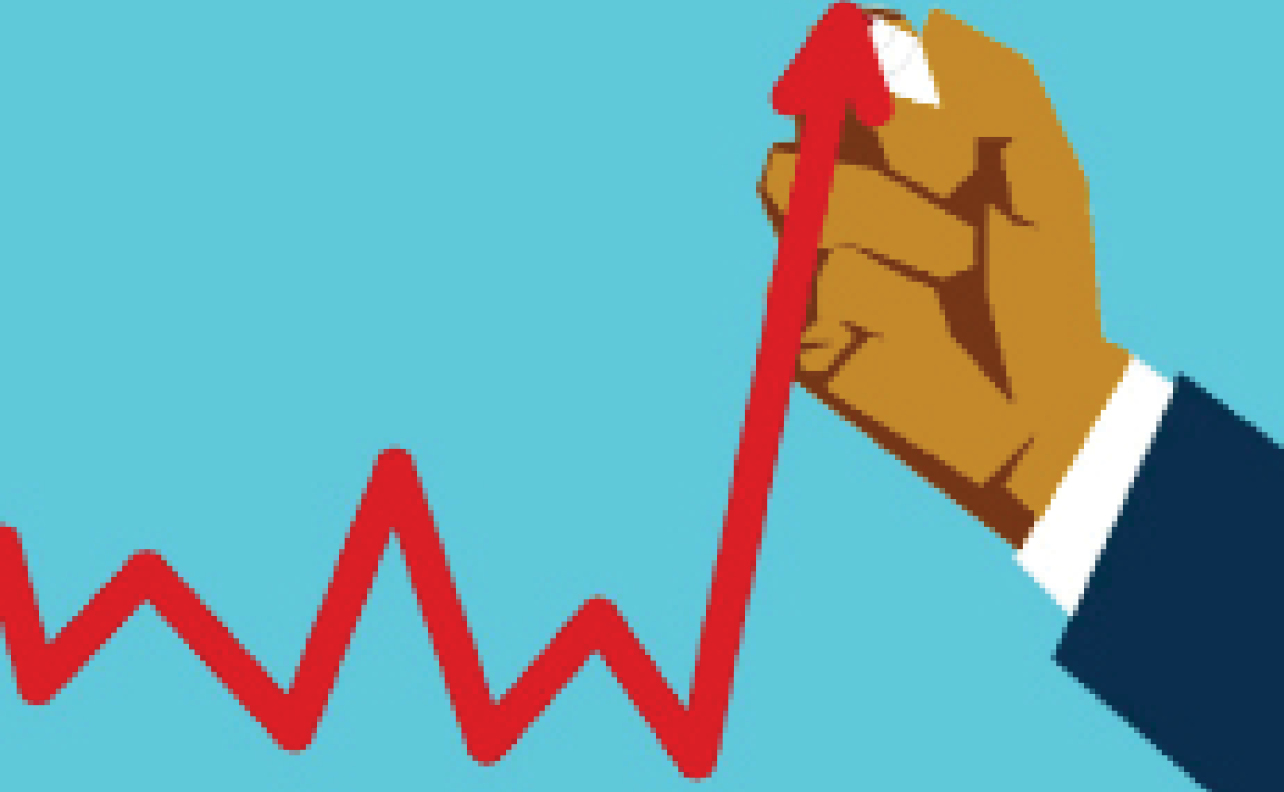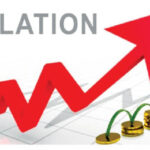The Headline inflation of Nigeria dropped to 15.60 in January 2021, a 0.03 per cent reduction in what was recorded in December last year (15.63).
The figure was also 0.87 per cent lower than the rate recorded in January 2021 (16.47).
- NIGERIA DAILY: How Thugs Dictate The Outcome Of Elections In Nigeria
- Harassment of Ortom threat to unity, co-existence of Nigeria – PDP
Recall that December’s figure was a rise from an eight-month decline of the nation’s Consumer Price Index (CPI).
Experts attributed the rise to the December festivities which fuelled more consumer spending.
The Statistician General of the Federation/Chief Executive Officer, National Bureau of Statistics, Dr. Simon Harry, in a press briefing yesterday stated that the new figure was influenced by increases in prices of bread and cereals, food products like potatoes, yam and other tubers, soft drinks, oils and fats and fruits.
He added that on a month-on-month basis, the food sub-index increased by 1.62 per cent in January 2022, which was down by 0.57 per cent from 2.19 per cent recorded in December 2021.
The ‘all items less farm produce’ or Core inflation, which excludes the prices of volatile agricultural produce stood at 13.87 per cent in January 2022. This was higher by 2.02 per cent when compared to 11.85 per cent, the rate recorded in January 2021.”
The highest increases were recorded in prices of electricity, liquid fuel, wine, tobacco, spirit, solid fuels, cleaning, repair and hire of clothing, shoes and other footwear, other services in respect of personal transport equipment, other services not elsewhere classified and pharmaceutical products.”
He added that the urban inflation rate stood at 16.17 per cent year-on-year in January 2022 the same as the December 2021 figure of 16.17%, while rural inflation was 15.06% and 15.11% in January 2022 and December 2021 respectively.
He said all items inflation on a year-on-year basis was highest in Abuja with 18.59% followed by Kogi with 18.28% and Bauchi, 17.61%, while Kwara recorded the lowest with 12.94% followed by Niger with 14.10% and Oyo, 14.19%.
For food inflation, on a year-on-year basis was highest in Kogi with 22.61% followed by Enugu with 19.84% and Akwa-Ibom (19.67%), while Sokoto had 14.18%, Bauchi (14.63%) and Kaduna (15.01%) as the lowest in January 2022.
On allegations that the bureau is not getting its facts right while doling out figures, he said: “We followed the methodology as prescribed by the United Nations Statistics division and that is the methodology NBS follows; and by implication, every country in the world follows.
“So, if you have any methodology contrary to the one we use, do well and come to us and we will do some comparison and see if we can get to a point of convergence, otherwise, I can assure you that the best methodology is what we follow in computing the inflation rate, poverty rate, unemployment, GDP and trade balance.”
Meanwhile, the CEO of Centre for the Promotion of Private Enterprise (CPPE), Dr Muda Yusuf, while noting the marginal decline, stated that high inflationary pressures continue to be a major worry to stakeholders in the Nigerian economy.
He said its implications include escalation of production and operating costs for businesses thus eroding profit margins, drop in sales, decline in turnover and weak manufacturing capacity utilization.
High food prices which impact adversely on citizens’ welfare and aggravate poverty and a weak purchasing power have implications for aggregate demand.

 Join Daily Trust WhatsApp Community For Quick Access To News and Happenings Around You.
Join Daily Trust WhatsApp Community For Quick Access To News and Happenings Around You.


